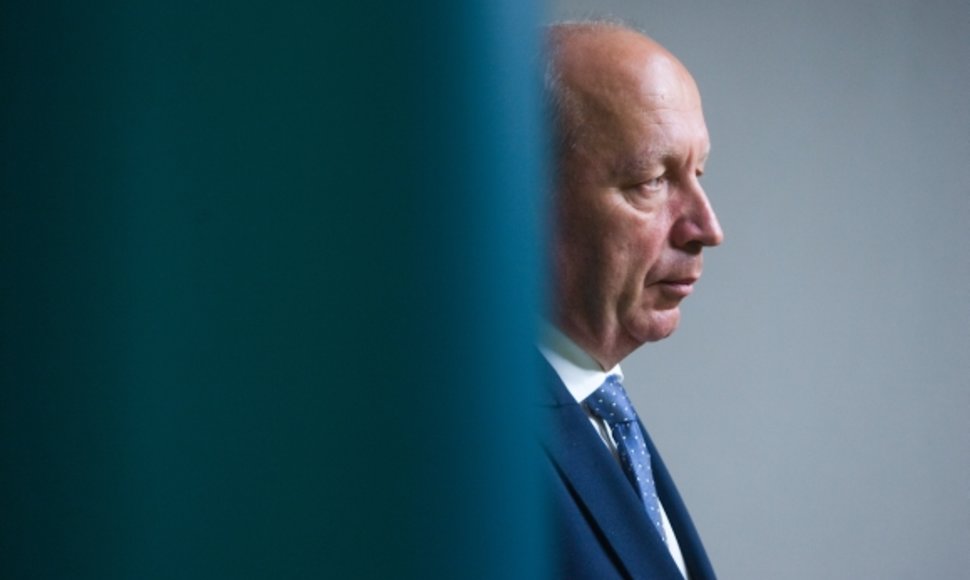The Prime Minister reminded that his government had previously lost the majority in the parliament when Arūnas Valinskas' National Revival Party split and part of Artūras Zuokas' followers left, but the Cabinet did not collapse.
"If it works out that 11 or 12 MPs from the Liberal and Center Union left the ruling coalition, then we could continue successfully working by coordinating our further activities of the ruling coalition, consisting of the Homeland Union–Lithuanian Christian Democrats and the Liberal Movement, with opposition lawmakers who want to constructively contribute to ensuring stable activities of state institutions," Kubilius told journalists on Monday.
The Lithuanian prime minister underlined that the liberal centrists would not be considered coalition partners if Minister of Interior Affairs Raimundas Palaitis did not resign.
"If Minister Palaitis does not leave his post, we will not be able to consider the Liberal and Center Union a coalition partner. In that case we'll have to state that de facto the coalition agreement does not work," Kubilius said.
"We have problems with a single minister, single coalition partner, and it’s regrettable that a single problem is so difficult to solve," the premier said.
In his words, the Liberal Movement and President Dalia Grybauskaitė are being consulted on the formation of a minority government.
"We, the Homeland Union–Lithuanian Christian Democrats, are holding consultations and consider either working in a minority government or in any other format. Consultations with the president of the Republic of Lithuania are also underway," Kubilius said.
The prime minister also welcomed the decision by Minister of Culture Arunas Gelūnas, delegated by the Liberal and Center Union, to consider working in a minority government by calling it "a respectable and important decision."












